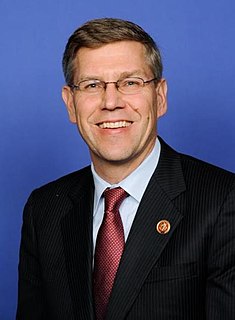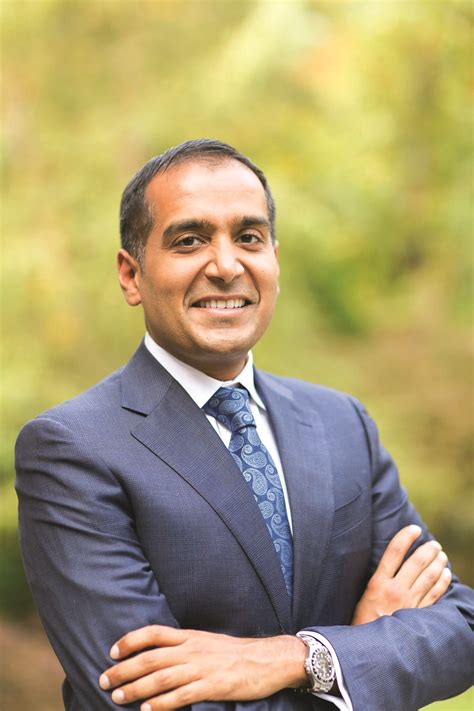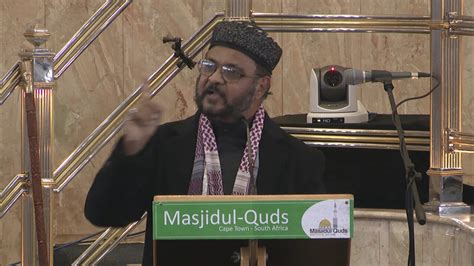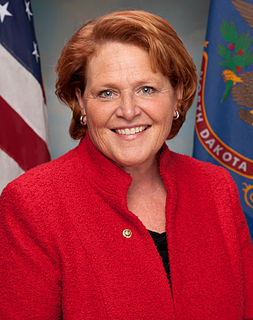A Quote by Richard Lamm
I believe a nation does not maximize its health care until it starts to ask the hard question: How can we prioritize our expenditures to buy the most health care for the most people? We should not apologize for rationing; we should promote it and advance it.
Related Quotes
As Congress debates overhauling the nation's health care system, it should not authorize a reform plan that would further our financial woes. We must avoid creating an unsustainable government program. There is no question that reform is needed, but health care can be made more affordable without massive and expensive new bureaucracies.
We Americans, or half of Americans, think health care is a commodity. Other countries view health care as a social service that should be collectively financed and available to everyone on equal terms. My wife and I just interviewed the German minister of health, and it was an exhilarating experience, because it was a totally different language. It was obviously important that everyone should have the same deal in health care.
One such troubling provision is a tax increase to pay for the $635 billion included in the budget for health care 'reserve funds.' Health care reform is desperately needed in America, but I'm concerned that $635 billion will be a down payment on socialized medicine, causing the impersonal rationing of health care and destroying the doctor-patient relationship.
The health of a society is truly measured by the quality of its concern and care for the health of its members . . . The right of every individuals to adequate health care flows from the sanctity of human life and that dignity belongs to all human beings . . . We believe that health is a fundamental human right which has as its prerequisites social justice and equality and that it should be equally available and accessible to all.
































